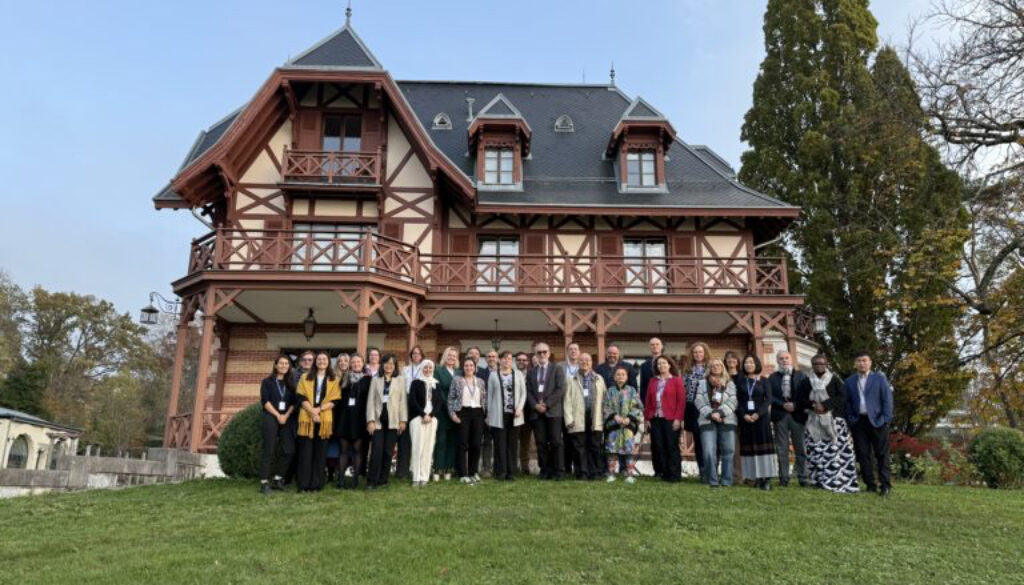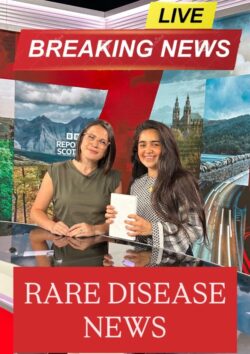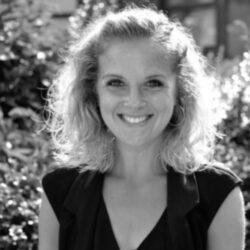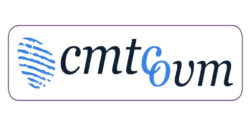Dr Lucy McKay on Rare Disease Advocacy: Insights from the RDI-Lancet Global Commission
Our very own CEO, Dr Lucy Mckay was recently interviewed by Rare Disease International (RDI) about her role as commissioner on the RDI-Lancet Global Commission on Rare Disease (LCRD).
Read on to find out more about Lucy’s motivation and ambitions for the RDI-Lancet Global Commission on Rare disease and the importance of listening to people living with rare conditions.
What inspired you to join the RDI-Lancet commission on Rare Disease?
The request to join the Commission came from out of the blue. I am so honoured to have been chosen as a Commissioner and believe it must be testament to the impact of Medics for Rare Disease, not only in the UK but around the world.
Do you have a personal connection to the Rare Disease Community?
Yes, I was born into the rare disease community. My brother died of a rare genetic condition before I was born and my family and friends started a patient advocacy group in the 1980s. It was quite established by the time I came along so I have never known life outside of advocacy.
Why is it important for the Rare Disease community to include all voices?
Of course – but “including” isn’t always enough. Many voices have been heard a lot and some are rarely heard but even more rarely actually listened too. I hope with the Commission we can break through the usual layer of rhetoric to neglected communities and their expressed needs. Not their assessed needs. Because in my 39 years in the community, despite money being pumped into ‘innovation’, people are still fighting for the basics – social justice.
What are the biggest barriers that people living with rare diseases face in your country?
Inequity of care, neglect, deprioritisation, stigmatisation and exploitation.
What impact do you hope the Commission’s recommendations will have at the global and national levels?
I hope that the Commission will remind all nations that people living with rare conditions are individuals with human rights and Governments have legal a responsibility to enable them to access these rights equitably.
What is one bold idea you believe could change the future for people living with rare diseases?
Rare is not necessarily something to “fix” or “solve”. It’s not when things have “gone wrong”. It is what it is and the focus should be on what the individual wishes from their life, what their ambitions are and how best to help them achieve these.
What’s one thing you think every global health leader should know about rare diseases?
Rare diseases are individually rare but collectively common. The rare community is a unique and vulnerable group that needs to be carefully considered in order to enable their access to their human rights.
What is one exciting project you are currently working on that has the potential to improve the lives of persons living with rare diseases?
What gets more exciting than a Lancet Global Commission on Rare Diseases? I really believe that this is a once in history chance to change how the world thinks of the rare disease community. To help everyone understand that this is a large, valuable but vulnerable population that has given society so much and needs protecting in order to achieve equity.
Anything else you would like to tell us / our social media following about rare diseases?
I would like to say a huge thank you to every rare disease advocate – past, present and future -real change is slow but we will build a fairer society that values the rare community.
Further information
- To learn more about the commission listen to MfRD The rare disease podcast episode on Why Is Being Rare Still a Struggle for Justice? where we discuss what the commission is and MfRD ongoing contribution to the commission.
- Visit the RDI-Lancet Commission on Rare Disease LinkedIn and website.
- Follow and subscribe to MfRD social media channels and newsletter for more information and insights as they develop.
- Any questions on the commission please get in touch at Global@m4rd.org
- To support Medics for Rare Disease work Donate Here




